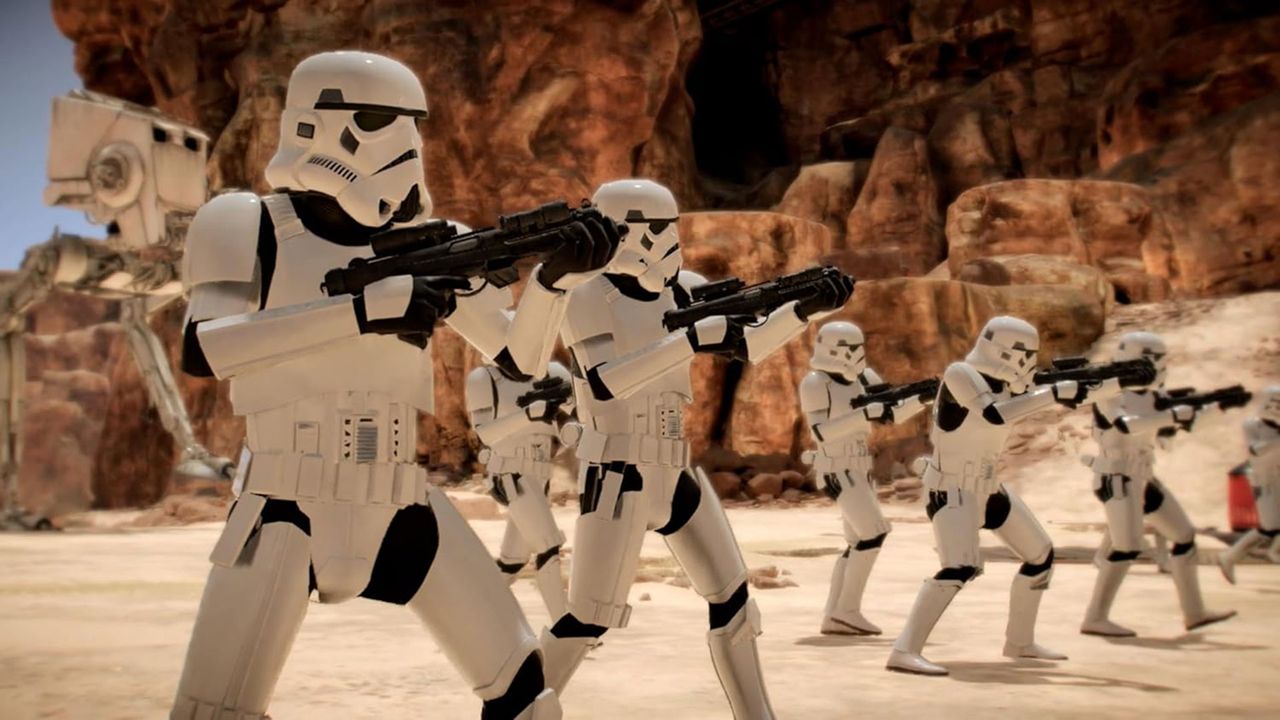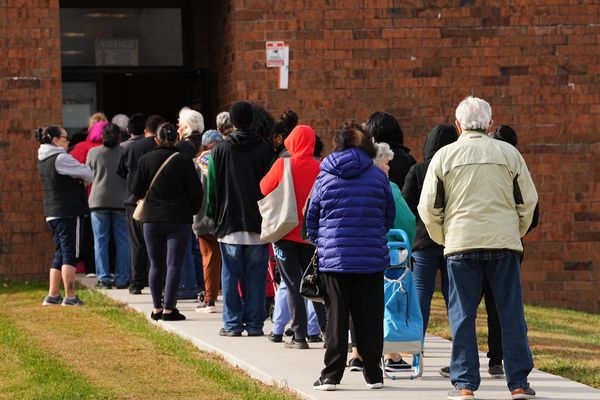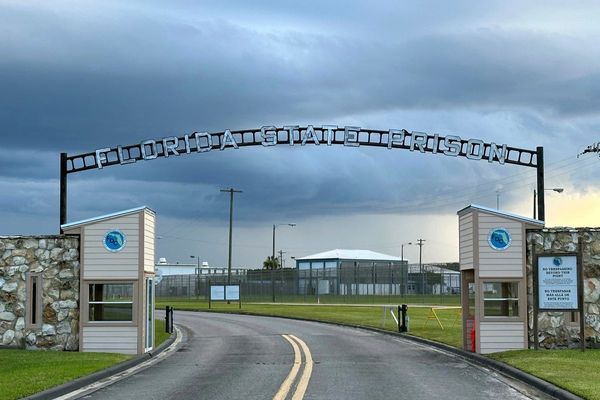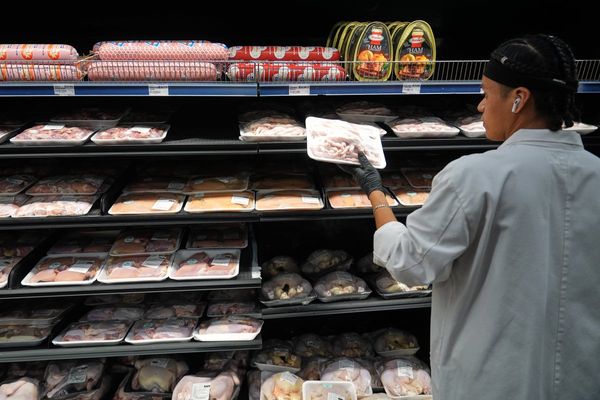
Ubisoft wasn’t being ‘cheap’ by opting to deliver Star Wars Outlaws for Nintendo Switch 2 via Game-Key Card, according to a developer who worked on the title. In a discussion thread on BlueSky, Rob Bantin, Snowdrop’s Audio Architect, explained that “Switch 2 cards simply didn’t give the performance we needed” to run the game at an acceptable quality. The Snowdrop engine uses a lot of disk data streaming to render open world environments.
The Switch Game (Key) Cards mess
If you aren’t very familiar with the Switch 2, there’s an important distinction to be made before discussing the issue here. Nintendo facilitates Switch 2 games distribution digitally online (simple enough), and on physical media dubbed Game Cards (even simpler). However, there’s a somewhat controversial third way: the Game Key Card, which acts like a kind of dongle signaling ownership of a title and allowing you to download and play it on the console that you insert it into. After installation, this kind of game does not required constant internet connectivity, but you'll keep the card in the slot to fire it up.
Switch 2 Format |
Description |
Internet required? |
Performance and portability |
Used resale? |
Digital Download |
Purchased via eShop; the game is tied to your Nintendo account |
Yes (to download) |
2,100 MB/s data rate, but locked to your account |
No |
Game Card |
A traditional cartridge with the full game data onboard |
No |
400 MB/s data rate (eMMC), Plug-and-play; no download needed |
Yes |
Game Key Card |
A physical cartridge containing a license key, not the game |
Yes (first time) |
2,100 MB/s data rate, uses built-in storage, but card must stay inserted to play |
Yes |
Game Key Cards are widely acknowledged to be cheaper to make for the games publishers. No flash required. And the gaming community is naturally resistant to dongles, DRM, and what has here been referred to as the worst of both worlds. Moreover, Nintendo’s Switch 2 comes with a measly 256GB of internal storage.
Expanding your built-in storage with MicroSD Express cards adds a middling third performance tier of ~800 MB/s transfers to the machine. These cards, sold in sizes up to 2TB, are quite costly for users, as we have highlighted previously. However, if the physical Game Cards matched this performance spec, perhaps we wouldn’t see games like Star Wars Outlaws being forcibly shoveled onto the limited built-in storage of the Switch 2 via Game Key Card distribution.
Cost of cards was “moot”
Moving back, now, to Bantin’s reasoned defense of the use of Game Key Card distribution for Star Wars Outlaws, and the dev underlines that “I don’t recall the cost of the cards ever entering the discussion - probably because it was moot.”
Game design makes a difference
The Snowdrop’s Audio Architect would later share some further insight into the situation regarding Game Key Cards and Star Wars Outlaws. He reasoned that developing for platforms with faster storage standards first meant compromises when it came to the Switch 2 version's distribution. “I think if we’d designed a game for Switch 2 from the ground up it might have been different,” Bantin said. “As it was, we’d build a game around the SSDs of the initial target platforms, and then the Switch 2 came along a while later. In this case I think our leadership made the right call.”
Follow Tom's Hardware on Google News, or add us as a preferred source, to get our up-to-date news, analysis, and reviews in your feeds. Make sure to click the Follow button!







